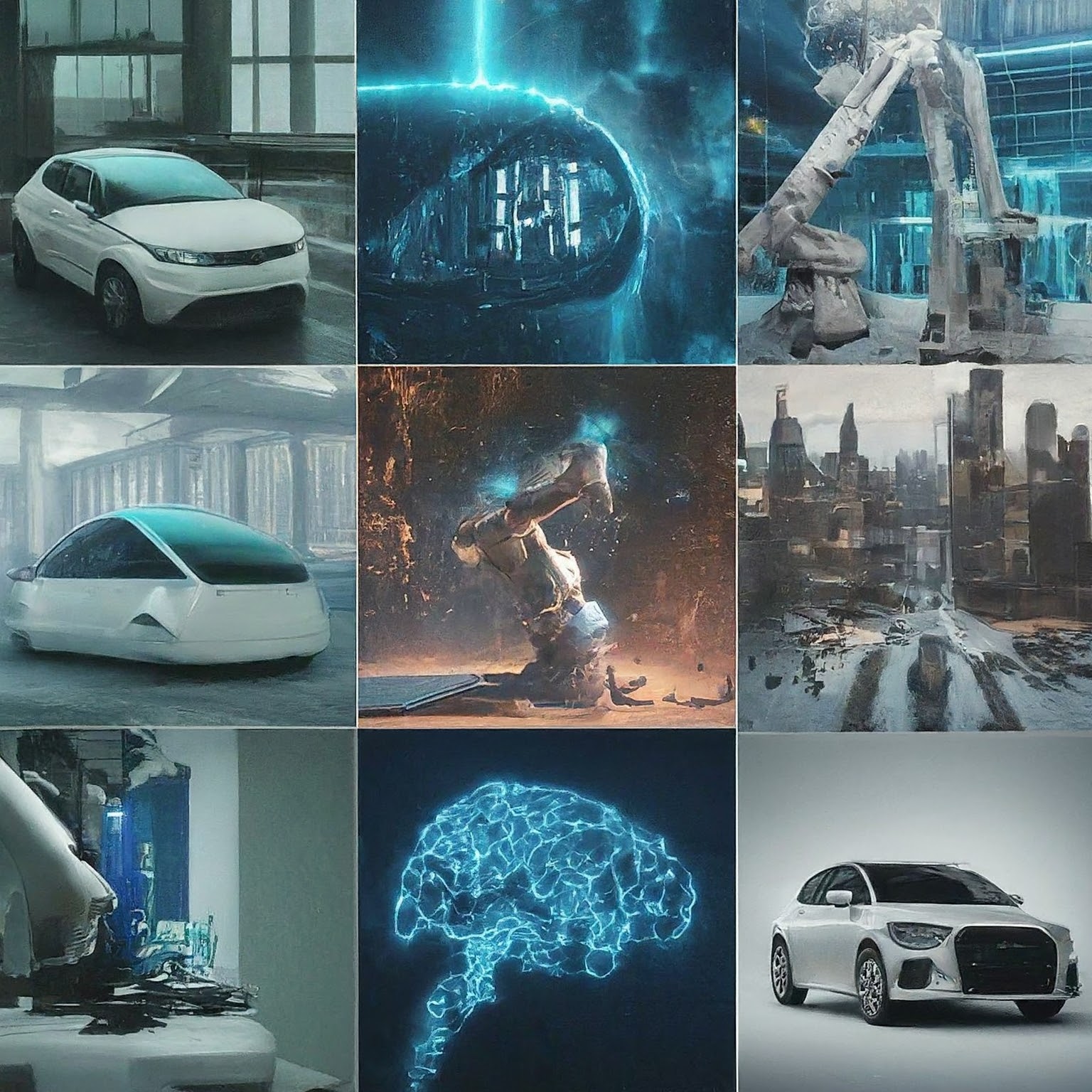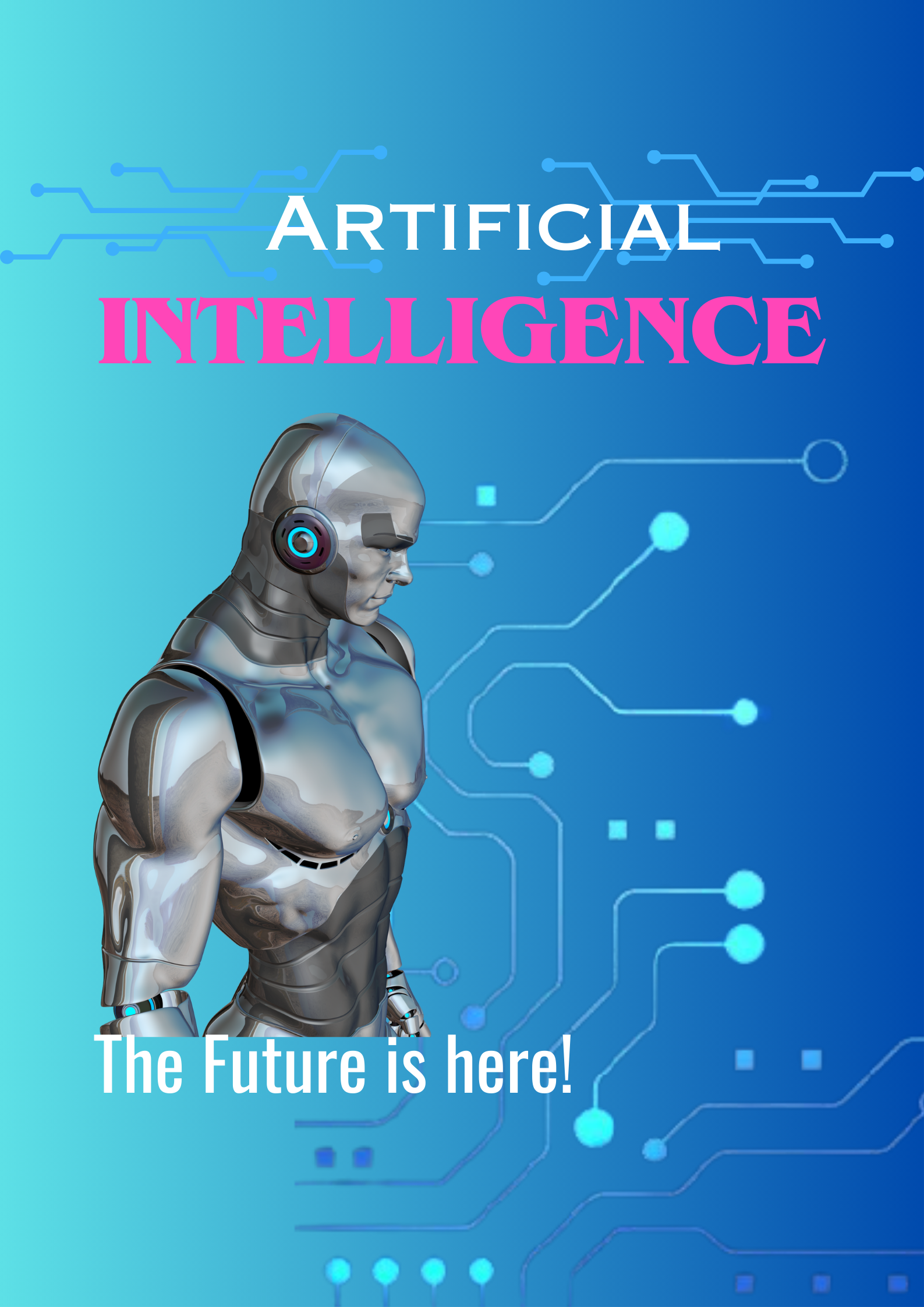Explore how artificial intelligence is transforming the different industries and revolutionizing the traditional methods.
Introduction
Artificial Intelligence (AI) has become an integral part of today’s world, revolutionizing various industries and transforming the way we live and work. With the advent of advanced technology, AI has gained significant momentum in recent years, showcasing its potential to bring about unprecedented advancements in different sectors. From healthcare to finance, agriculture to data security, entertainment to customer service, and transportation to overall convenience, AI is making a remarkable impact on every aspect of our lives.
In this article, we will explore the wide range of applications of AI in today’s world and how it is reshaping industries and revolutionizing traditional methods.
Facts and Figures about AI
Before diving into the specific applications of AI, let’s take a look at some interesting facts and figures that highlight the significance of this technology:
– According to a report by Grand View Research, the global AI market size is expected to reach $733.7 billion by 2027, growing at a CAGR of 42.2%.
– The healthcare AI market alone is projected to reach $19.25 billion by 2026, as per a report by MarketsandMarkets.
– AI-powered chatbots are expected to save businesses $8 billion annually by 2022, according to Juniper Research.
These statistics clearly demonstrate the immense potential and widespread adoption of AI across various sectors.
Role of AI in Healthcare
One of the most significant applications of AI is in the healthcare industry. AI is revolutionizing healthcare by improving diagnosis accuracy, enabling personalized treatment plans, and streamlining administrative tasks.
AI algorithms can analyze vast amounts of medical data, including patient records, medical images, and research papers, to identify patterns and make predictions. This helps doctors in making more accurate diagnoses, early detection of diseases, and effective treatment planning.
AI-powered chatbots and virtual assistants are also being used in healthcare settings to provide instant support and answer patient queries. This not only improves patient experience but also reduces the burden on healthcare professionals.
Furthermore, AI is facilitating medical research and drug discovery by analyzing complex data sets and identifying potential drug candidates. It is also playing a crucial role in monitoring patients remotely, detecting anomalies, and alerting healthcare providers in real-time.
Overall, AI is transforming healthcare by improving patient outcomes, reducing costs, and enhancing the efficiency of healthcare delivery.
Evolving Finance sector with AI
The finance sector is another industry experiencing a significant transformation with the integration of AI. AI-powered algorithms and machine learning techniques are being used for various financial tasks, including fraud detection, risk assessment, and algorithmic trading.
AI can analyze large volumes of financial data and identify patterns that are beyond human capabilities. This helps in detecting fraudulent activities, minimizing financial risks, and ensuring compliance with regulatory requirements.
Moreover, AI-powered chatbots and virtual assistants are being employed in financial institutions to provide personalized customer support, assist in financial planning, and automate routine tasks such as account inquiries and transaction processing.
The use of AI in the finance sector is not only improving operational efficiency but also enhancing customer experience and driving better financial decision-making.
AI in Agriculture
The agriculture industry is also embracing AI to optimize crop production, improve yield, and enhance sustainability. AI algorithms can analyze data from various sources, such as weather patterns, soil conditions, and crop health, to provide valuable insights for farmers.
By leveraging AI-powered drones and sensors, farmers can monitor their fields more efficiently, identify areas that require specific attention, and optimize irrigation and fertilizer usage. This not only reduces costs but also minimizes the environmental impact of farming practices.
AI-powered systems can also predict crop diseases and pests, enabling farmers to take preventive measures and reduce crop losses. Additionally, AI is facilitating precision agriculture by enabling automated harvesting, robotic weed control, and autonomous farming equipment.
The integration of AI in agriculture is revolutionizing farming practices and contributing to sustainable and efficient food production.
AI in Data Security
Data security is a critical concern in today’s digital age, and AI is playing a vital role in strengthening cybersecurity measures. AI algorithms can analyze large amounts of data and detect anomalies, patterns, and potential threats in real-time.
AI-powered cybersecurity systems can identify and respond to cyber threats faster and more accurately than traditional security methods. They can detect suspicious activities, prevent data breaches, and protect sensitive information from unauthorized access.
Furthermore, AI can enhance authentication processes by using facial recognition, voice recognition, and behavioral biometrics. This provides an additional layer of security and reduces the risk of identity theft and fraud.
With the increasing sophistication of cyber threats, AI is becoming indispensable in ensuring robust data security and safeguarding sensitive information.
Impact of AI on Entertainment industry
The entertainment industry is witnessing a significant transformation with the integration of AI. AI algorithms can analyze user preferences, consumption patterns, and content metadata to provide personalized recommendations and enhance the overall entertainment experience.
Streaming platforms like Netflix and Spotify are leveraging AI to recommend movies, TV shows, and songs based on individual preferences. This not only improves user satisfaction but also helps in content discovery and reduces the time spent searching for relevant content.
AI is also being used in content creation, where algorithms can generate music, artwork, and even scripts. This opens up new creative possibilities and challenges traditional notions of artistic expression.
Moreover, AI-powered virtual reality (VR) and augmented reality (AR) technologies are revolutionizing the gaming and immersive entertainment experiences. AI algorithms can create realistic virtual environments, intelligent virtual characters, and adaptive gameplay, making the entertainment industry more immersive and interactive.
Overall, AI is reshaping the entertainment industry by personalizing content, enhancing creativity, and creating immersive experiences for users.
Role of AI in customer service
AI is transforming the customer service landscape by providing personalized and efficient support to customers. AI-powered chatbots and virtual assistants can understand customer queries, provide instant responses, and offer relevant solutions.
These AI-powered assistants are available 24/7, ensuring round-the-clock customer support and reducing the response time. They can handle a wide range of customer inquiries, from product information to order tracking, without the need for human intervention.
AI-powered customer service systems can also analyze customer data and provide valuable insights to businesses. By understanding customer preferences, behavior, and feedback, businesses can enhance their products and services, tailor marketing strategies, and improve overall customer satisfaction.
The integration of AI in customer service not only improves operational efficiency but also enhances the customer experience, leading to increased customer loyalty and retention.
Role of AI in transportation
AI is revolutionizing the transportation industry by enabling autonomous vehicles, optimizing logistics and route planning, and enhancing overall safety and efficiency.
Self-driving cars, powered by AI algorithms and sensors, can navigate roads, identify obstacles, and make real-time decisions, reducing the risk of accidents and improving traffic flow.
AI-powered logistics systems can analyze data from various sources, such as weather conditions, traffic patterns, and delivery schedules, to optimize route planning, minimize fuel consumption, and ensure timely deliveries.
Furthermore, AI is being used in public transportation systems to predict demand, optimize schedules, and improve passenger experience. AI-powered ticketing systems and smart transportation infrastructure are also enhancing the overall efficiency and convenience of transportation services.
The integration of AI in transportation is not only improving safety and efficiency but also paving the way for future advancements, such as flying taxis and hyperloop systems.
Conclusion
Artificial intelligence has emerged as a transformative technology, reshaping various industries and revolutionizing traditional methods. From healthcare to finance, agriculture to data security, entertainment to customer service, and transportation to overall convenience, AI is making a remarkable impact on every aspect of our lives.
As AI continues to evolve and advance, it will unlock new possibilities and drive further innovation across industries. However, it is crucial to address ethical considerations, privacy concerns, and ensure responsible AI development and deployment.
In conclusion, the applications of AI in today’s world are vast and diverse, with the potential to bring about significant improvements in various sectors. Embracing AI and leveraging its capabilities can lead to enhanced efficiency, improved outcomes, and a better quality of life for individuals and society as a whole.




Your blog has become a source of guidance and support for me Your words have helped me through some of my toughest moments